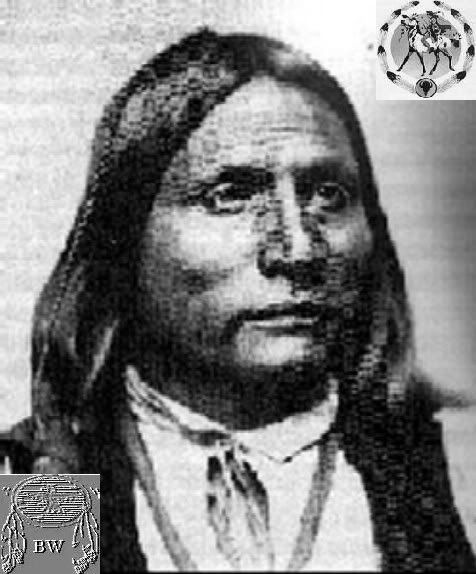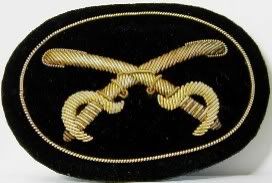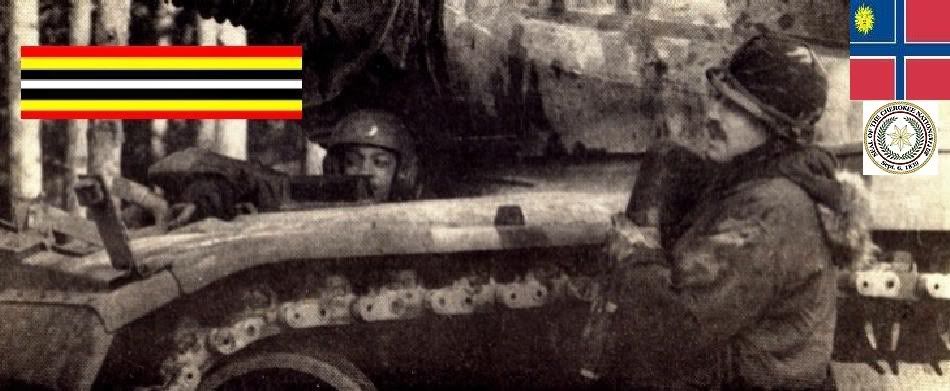|

Chief Big Bow
(1830-1900)
Warriors Citation
In the latter half of the nineteenth century, Big Bow was known as one of the most outspoken anti-Anglo war chiefs of the
Kiowas. Although little is known of his lineage and childhood, he earned a reputation as an astute warrior on the Central
Plains in forays against the Navajos and the Utes. Along with Big Tree, Satank, Satanta, and Lone Wolf, Big Bow made the early
settlers of Kansas, Oklahoma, and Texas pay dearly for their incursions into the Kiowa homeland. A knowledgeable missionary,
Thomas Battey, estimated that Big Bow scalped and killed more white people than any other Kiowa in the last half of the nineteenth
century. In 1867, when the leaders of the Plains tribes negotiated the Medicine Lodge Treaty, Big Bow refused to sign. He
did not want to give up the traditional Kiowa life of roaming the Plains.

Accordingly, he kept his people sequestered in the backcountry, emerging only for special visits and raids. In 1871, the U.S.
Army mounted a spirited campaign to subdue the Kiowas and keep them on their lands near Anadarko, Oklahoma. By 1874, Big Bow
was the only major Kiowa chief that had not been forced onto the reservation. Pressured by the government, Kicking Bird located
Big Bow and told him that his cause was hopeless and that the best strategy for survival was surrender. Big Bow took Kicking
Bird's message back to his people, and after much discussion, they agreed to settle on the reservation. The U.S. government
granted Big Bow and his band amnesty. Subsequently, he served commendably as a Sergeant in the US Army Scouts for a few years.
He lived peacefully on the Reservation for twenty-five years until his death. From: historical accounts & records


LINK TO BRAVEHORSE WARRIORS VOLUME TWO
|

